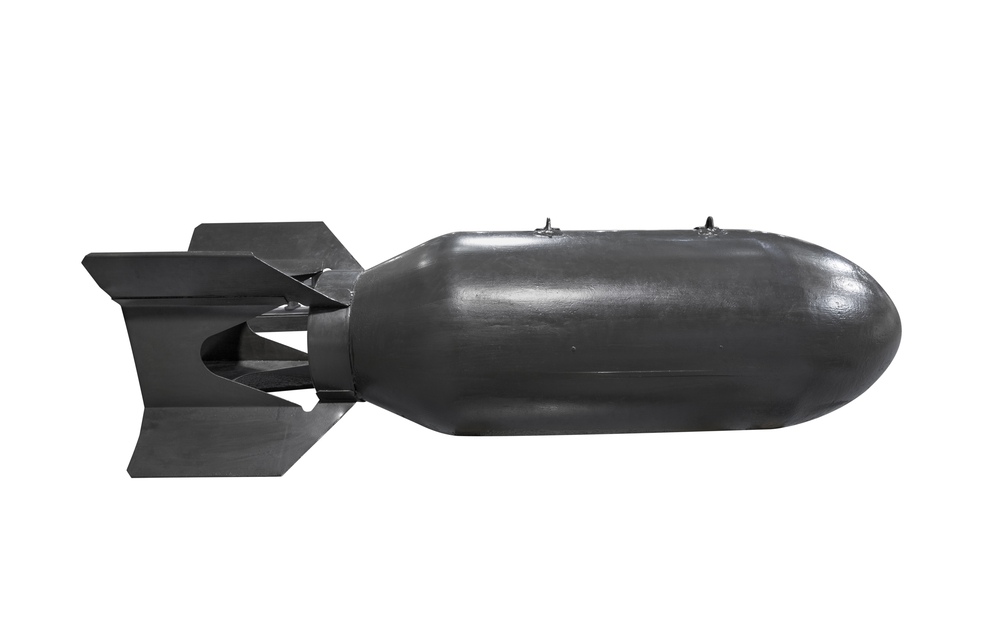
A report by the U.S. Government Accountability Office (GAO) found that the National Nuclear Security Administration (NNSA) estimates to refurbish components of nuclear bombs were cost-effective and followed best practices, but the process could use improvements.
NNSA estimated that the cost to refurbish/replace aging components of the B61-12 nuclear bomb would cost about $7.6 billion. An independent outside estimate put that cost at about $10 billion.
“We found that NNSA incorporated best practices for cost estimates for the program, but also found room for improvement—such as documenting management decisions on the differences between these two cost estimates,” GAO said.
The NNSA incorporated most best practices to develop the estimate for the B61-12 Life Extension Program (LEP), which seeks to consolidate four versions of a nuclear weapon—the B61 bomb—into a bomb called the B61-12. GAO said the estimate was comprehensive, well-documented, accurate, and credible.
GAO said that the estimate differs from one prepared by another NNSA office independent of the program because it used different methods and assumptions than the independent office. NNSA management met with officials from the independent office to reconcile the estimates but did not document the rationale for adopting the program estimate unchanged.
GAO had recommended in a January 2018 report that NNSA document and justify such decisions, in part because GAO’s prior work has shown that independent cost estimates historically are higher than NNSA’s. NNSA had agreed at that time to establish a protocol to document management decisions on significant variances between program and independent cost estimates. However, GAO says that it hasn’t shown evidence that it has done so.
While GAO is making no new recommendations in this report, it urged NNSA to follow through with this prior recommendation that it document and justify decisions regarding independent cost estimates.

